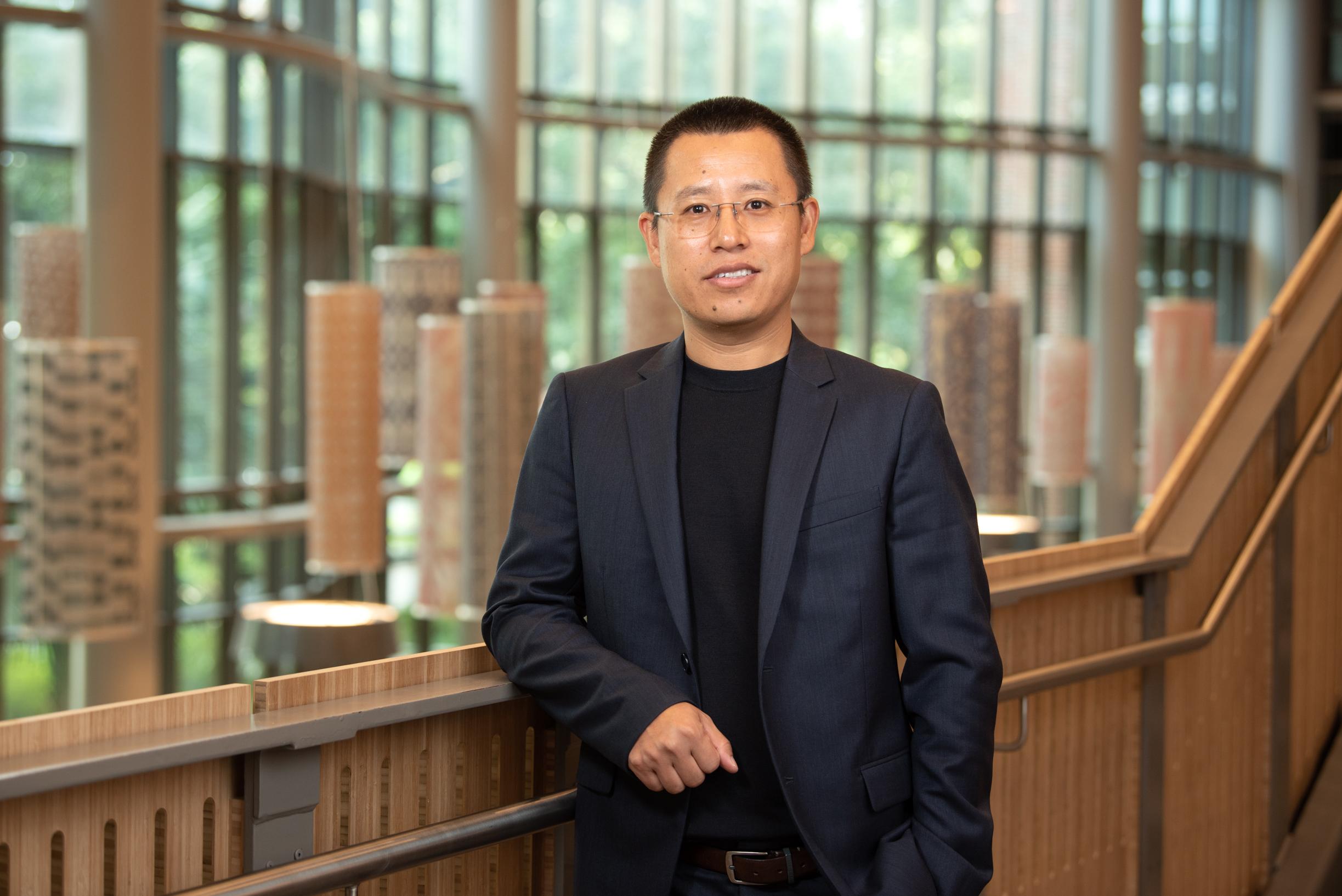New Tulane study finds generative AI can boost employee creativity—but only for strategic thinkers
A new study led by Tulane University researchers reveals that generative AI tools, such as ChatGPT, can enhance employees' creativity — but only if they know how to think critically about their own work and utilize the tools effectively.
The study, set to be published in the Journal of Applied Psychology, is one of the first field experiments to investigate the impact of large language models (LLMs) on creativity in real-world work settings. Researchers worked with a technology consulting firm and randomly assigned 250 employees to either use ChatGPT or not during a regular workweek. Supervisors and outside reviewers evaluated their creativity.
Employees with access to AI performed better— generating more novel and practical ideas— than those who didn’t use the tool. But the boost wasn’t equal across the board.
The employees who benefited most weren’t just using ChatGPT passively. They were actively thinking about how to approach their work, what problems they were trying to solve, and how best to use AI to support their goals. In short, they were skilled at managing their own thinking— planning, reflecting, and adjusting their approach as needed.
“Generative AI use doesn't automatically make people more creative. It boosts creativity only for employees who use ‘metacognitive strategies’ — those who actively analyze their tasks, monitor their thought processes and adjust their approaches,” said lead author Shuhua Sun, who holds the Peter W. and Paul A. Callais Professorship in Entrepreneurship at Tulane University’s A. B. Freeman School of Business.
These findings have significant implications for companies investing in AI to drive innovation. Simply rolling out tools like ChatGPT isn’t enough, the researchers say. To achieve results, companies also need to help employees develop better thinking habits— including how to assess problems, adjust strategies, and utilize new resources.
“Even the most advanced generative AI systems won’t enhance creativity if employees are passive consumers of their output and lack the metacognitive strategies needed to engage with them effectively. To unlock AI’s potential for boosting workplace creativity, organizations must go beyond simply deploying new tools—they also need to invest in developing employees’ metacognitive skills and promote thoughtful, strategic use of AI to acquire the cognitive job resources that support creative thinking,” Sun said.
The good news, according to the study, is that these thinking skills can be taught. The researchers point to short training programs that help workers become more intentional in how they plan, monitor, and adapt their work— all of which make them more effective at using AI tools creatively.
The study’s implications extend beyond the workplace. Sun and his coauthors urge educators and policymakers to treat metacognitive skill development as a core priority in preparing students and workers for the age of AI. While education systems have long emphasized cognitive skills, they have often paid less attention to developing metacognitive abilities—skills that will be essential as AI becomes an everyday tool in the future of work.
“If we want people to thrive alongside AI, we need to start treating metacognitive skill development as a foundational part of education and professional training in the AI era,” Sun said.
The study also included researchers from Renmin University of China, Nanyang Technological University, Rice University, and the Massachusetts Institute of Technology.

